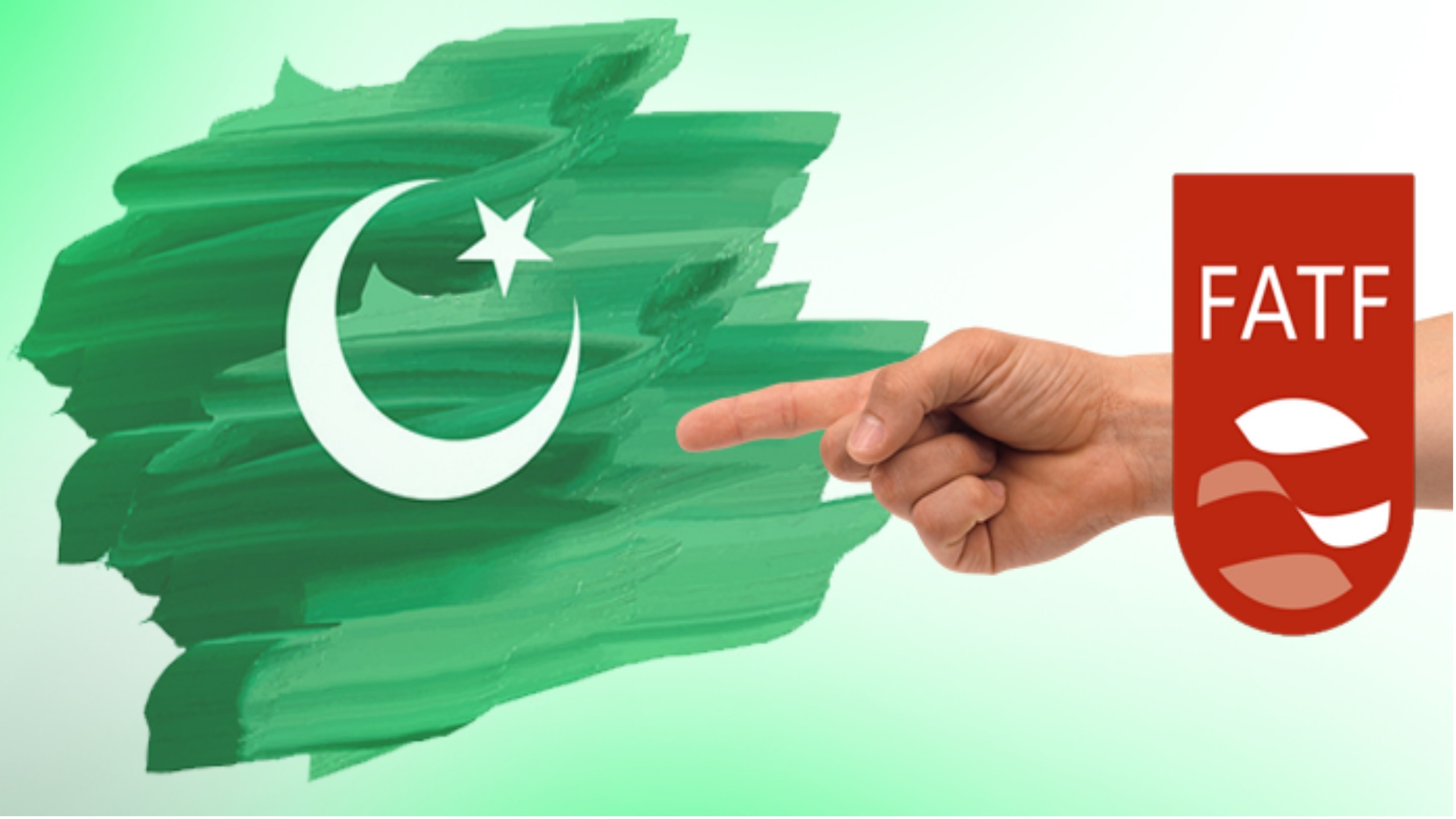
On Pakistan’s Unbounded Optimism
Tue, 03 Nov 2020 | Reading Time: 6 minutes

Whereas Pakistan has numerous shortcomings, but it certainly takes the cake when it comes to its unmatched optimism. For example, just the other day, Financial Action Task Force [FATF] retained Pakistan on its ‘grey list’ for its failure to institute efficient checks and balances to curb terror financing. For any other country, the ignominy of being clubbed with intemperate nations would have been viewed as a humongous embarrassment-but not so for Pakistan. Au contraire, if one goes by what its Minister for Industries and Production Hammad Azhar [who headed Pakistan’s team at the FATF plenary] has to say, then the FATF decision of retaining Pakistan on the grey list, is actually a reason for Islamabad to celebrate since “Blacklisting Pakistan was now off the table.”
So, while the world sees the FATF decision as incontrovertible proof of Islamabad’s dismal failure [or refusal?] to clamp down on terror financing, Pakistan’s Industries and Production Minister still believe this is a clear indication that “FATF has acknowledged our high-level political commitment and significant progress.” Furthermore, while the fact that this decision was arrived at through consensus and not voting would have been the cause of immense discomfiture for any self-respecting government since it reflects an overwhelming majority of member states in favour of grey-listing Pakistan, but yet Azhar is of the view that “consensus decision without any voting is our diplomatic victory.”
So, can any country match Islamabad’s indefatigable optimism?
But this isn’t the only such case. Though it may not make any sense for lack of scientific proof, it seems that Pakistan’s creation somehow infused an inordinately generous dose of optimism into its ruling class as well as the military. Wasn’t the inapt belief on Pakistan army’s part that Maharaja of Jammu & Kashmir (J&K) would sit back and just watch Pakistan Army killing his people and annexing his state in 1947, a classic case of misplaced optimism? Similarly, in 1965, wasn’t Pakistan Army’s belief that it could get hold of J&K just by inciting an insurrection through locals [that led to it to undertake the ill-fated ‘Operation Gibraltar’], again an example of irresponsible optimism?
The Kargil intrusions of 1999 are arguably the most revealing case of how unbounded optimism can lead to reckless decisions that are expectedly doomed to end in abysmal failure. In days of yore when ‘might was right’, making war and imposing national will through the sword was fine. But in today’s world when someone adopts this morbid philosophy and thinks that he can get away with it, [like Gen Pervez Musharraf did], then isn’t this an example of sheer delusional optimism? Similarly, isn’t thinking that by portraying the Kargil intrusions as the handiwork of what Pakistan refers to as “freedom fighters” and refusing to claim the mortal remains of its dead soldiers just to buttress its falsehood, Rawalpindi would be able to conceal Pakistan army’s involvement, a typical example of irresponsible optimism?
Then we have the Kulbhushan Jadhav case. Islamabad alleges that he is a RAW agent who was masterminding terrorist activities inside Pakistan through various ‘terrorist’ groups and was apprehended in Balochistan. In an attempt to prove that he was an Indian spy, Pakistan army produced two Indian passports [including one with a false identity] that it claimed was recovered from Jadhav, when he was taken into custody. Doesn’t this make Jadhav perhaps the only ‘spy’ in history who carried two passports while on a terror-related mission inside an ‘enemy’ country? Isn’t the Pakistan army’s confidence that the international community would believe such an amateurish narrative to frame an abducted Indian national, yet another case of unadulterated optimism?
In August last year, on Beijing’s insistence, UNSC held a meeting on Kashmir to humour Islamabad as it was clamouring for the same. But while UNSC agreed to hold this meeting, it nevertheless made its lack of seriousness on this issue crystal clear- it would be a closed-door meeting held under the rather unflattering “any other business” clause of the UNSC charter. If this wasn’t humiliating enough, the conditions of this meeting certainly were- besides being informal in terms of protocol, it was only a general discussion on Kashmir to be held behind closed doors and neither were minutes of the deliberations recorded nor was any joint statement issued on its conclusion. In short, whatever was discussed behind closed doors remained within!
What could be a bigger mockery than this?
Yet, the then Pakistan’s Special Assistant to the Prime Minister on Information and Broadcasting Dr Firdous Ashiq Awan hailed this meet as a “diplomatic victory,” overlooking the fact that nothing of any consequence ever came out from it. But her exhilaration wasn’t related to the outcome- it was solely because a meeting on the Kashmir issue had been held after five decades! Even Foreign Minister Shah Mahmood Qureshi, who had earlier cautioned Pakistanis not to “live in the fool’s paradise,” because “They [UNSC members] are not waiting for you with garlands in their hands” termed these informal and generic UNSC discussions on Kashmir another “diplomatic success” for Pakistan because it was the first time in history that Kashmir “came up for discussion thrice in one year.”
Being seasoned politicians who understand that in diplomacy [as in politics] what ultimately matters are results and not attempts, it’s heartening to see that both Dr Firdous and Qureshi think otherwise and believe in modern Olympic Games founder Pierre de Coubertin’s famous line that it’s important “not to win but to take part.” So, it appears that UNSC upholding New Delhi’s decision to abrogate Articles 370 and 35A of its constitution by refusing to intervene on this issue as demanded by Pakistan doesn’t matter at all to Islamabad, but what does give it immense pleasure is that UNSC held generic meetings on Kashmir-even if they were a sham!
The uniqueness of Pakistan’s optimism is that it completely disregards the writing on the wall and despite repeated setbacks still expects the impossible to happen.
Perhaps this is what optimism is all about!
Prime Minister Imran Khan also deserves appreciation for his indefatigable optimism that makes him believe that despite turning a blind eye to the institutionalised religious persecution of Uyghur Muslims of Xinjiang Autonomous Region by Chinese authorities, his taking up cudgels against Islamophobia would make him an international celebrity. Though upset for not taken seriously by the international community, it’s Khan’s optimism that clouds his rational thinking to such an extent that he fails to realise that his perceptibly subjective approach on this issue is solely to be blamed. Because, whenever asked to comment on religious persecution of Uyghur Muslims, the former cricketer turned politician feigns ignorance and thinks no one will notice. Little does he realise that while school children can get away by using this puerile tactic, prime ministers certainly can’t!
However, Islamabad’s hyper- optimism doesn’t end here. The whole world has seen how Sri Lanka has been forced to hand over its Hambantota seaport along with 15,000 acres of surrounding land to China in 2017 after failing to repay loans taken for financing lucrative infrastructural development schemes as advised by Beijing. Everyone is also aware of the fact that in 2018, soon after taking over as Malaysia’s Prime Minister, Mahathir Mohamad decided to cancel Chinese projects worth about $ 2.795 billion citing the country’s inability to repay this monstrous loan. So, while everybody is cautious about China’s ‘debt trap’, Islamabad remains unperturbed by the burgeoning debt burden on account of CEPC projects reflects its ginormous optimism.
Whereas it may be argued that likening Pakistan to Malaysia would be just like comparing apples with oranges, the fact is that [going by Pakistan Prime Minister Imran Khan’s own admission], there’s an uncanny similarity between the fragile financial condition of both countries. This is evident from his tweet that reads, “The most experienced and accomplished statesman of the Muslim world [Mahathir Mohamad] faces exactly the same problems as my govt. He is confronted with an entrenched pol [political] mafia that has bankrupted and indebted Malaysia, leaving state institutions devastated.”
Now, if Khan too is grappling with an “entrenched political mafia” that has “bankrupted and indebted” Pakistan, then why isn’t he emulating “The most experienced and accomplished statesman of the Muslim world” by reviewing CPEC expenditure. As per data released by State Bank of Pakistan, Islamabad’s debt to China which was $7.2 billion in 2017, had soared to a whopping $30 billion this year and many financial experts opine that it would take Pakistan about 40 years to repay this loan- provided all other financial parameters remained normal. Accordingly, while one doesn’t expect Khan to terminate CPEC projects completely, but sagacity does suggest scaling down of its scope to reduce the cost to manageable levels.
But financial issues related to CPEC aren’t the only ‘time bombs’ that are threatening Islamabad. Many scholars are of the view that CPEC “subordinates Pakistan’s interests to China’s” and although Islamabad has been outrightly refuting this consistently, certain developments on the ground leave no doubt in one’s mind that Pakistan is being manipulated by its “all-weather friend” China.
Anyone with even a cursory knowledge about the Kashmir issue will tell you that Islamabad has for more than seven decades refrained from granting provincial status to Gilgit-Baltistan [GB], which is part of J&K since doing so would demolish its core argument of J&K being “disputed territory.” However, it has suddenly decided to do so and there are no prizes for guessing at whose bidding is Islamabad is being forced to scuttle its Kashmir policy!
Similarly, Islamabad’s tearing hurry to take over the islands of Buddhoo and Bundal belonging to Sindh without seeking the consent of either the Sindh government or its people is equally intriguing. Though Islamabad isn’t accepting it, everyone knows that China wants to develop these two Islands into its naval bases and that a debt-ridden Pakistan has no other option but to oblige by handing over these to Beijing under some secret agreement craftily camouflaged under some vague and misleading deal.
Even though Beijing has proved that when it comes to debt recovery, it’s ‘Shylock personified’, yet Islamabad presumably thinks that it’s “all-weather friend,” whose friendship Pakistan considers to be “sweeter than honey” will still make an exception in its case. While wishing Islamabad, good-luck, one would also like to remind Prime Minister Imran Khan and his highly optimistic coterie about the time-tested adage that in international relations, “there are no permanent friends, but only permanent interests!”
Tailpiece: Whereas Pakistan has no dearth of expertise to handle seaports, it’s still handed over the responsibility of operating Gwadar port to a Chinese company and this inexplicable move leaves people wondering whether Gwadar will also go the ‘Hambantota’ way!
Alas! If wishes were horses…
Disclaimer
The opinions expressed in this article are the author’s own and do not reflect the views of Chanakya Forum. All information provided in this article including timeliness, completeness, accuracy, suitability or validity of information referenced therein, is the sole responsibility of the author. www.chanakyaforum.com does not assume any responsibility for the same.
Chanakya Forum is now on . Click here to join our channel (@ChanakyaForum) and stay updated with the latest headlines and articles.
Important
We work round the clock to bring you the finest articles and updates from around the world. There is a team that works tirelessly to ensure that you have a seamless reading experience. But all this costs money. Please support us so that we keep doing what we do best. Happy Reading
Support Us





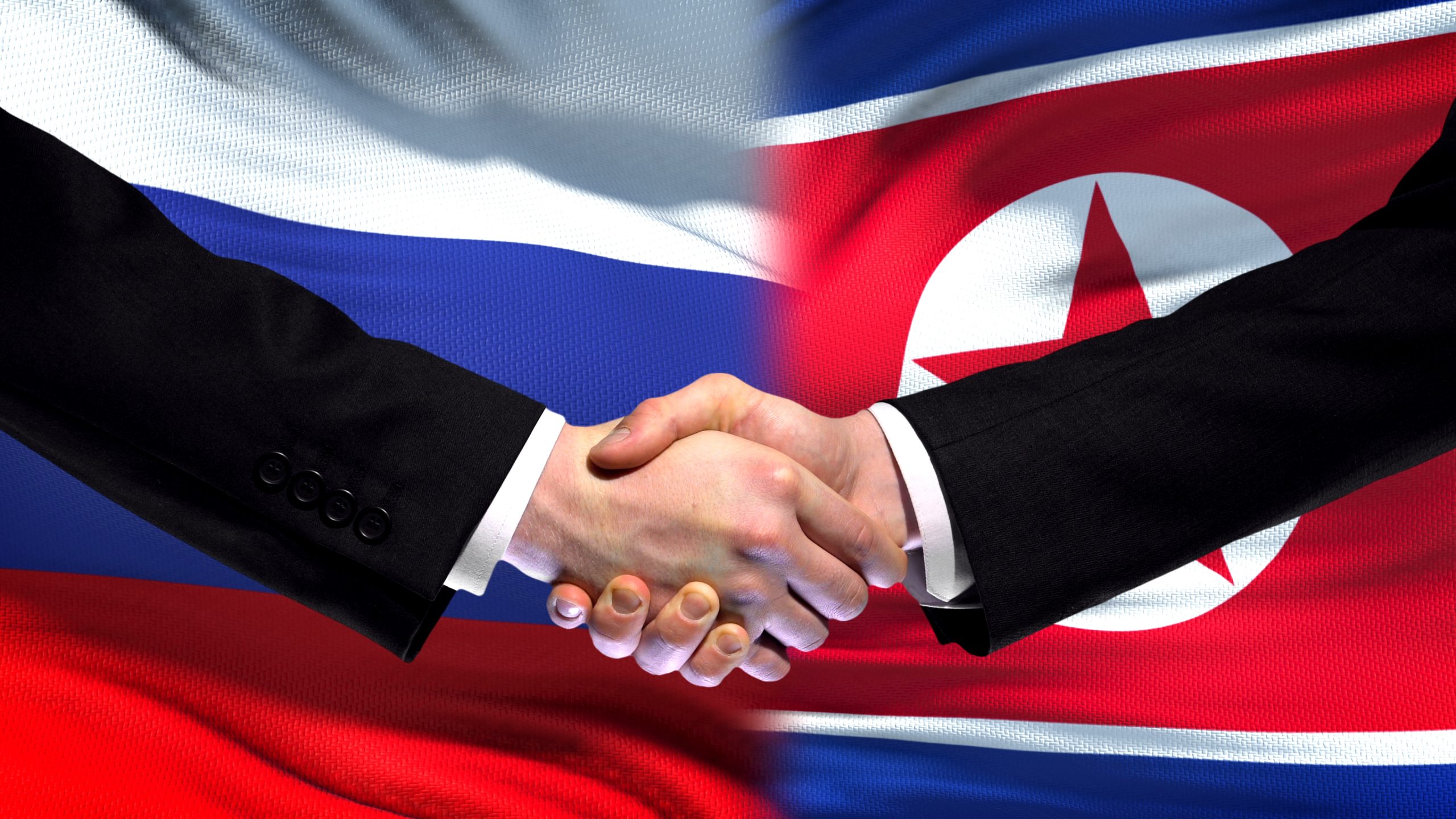
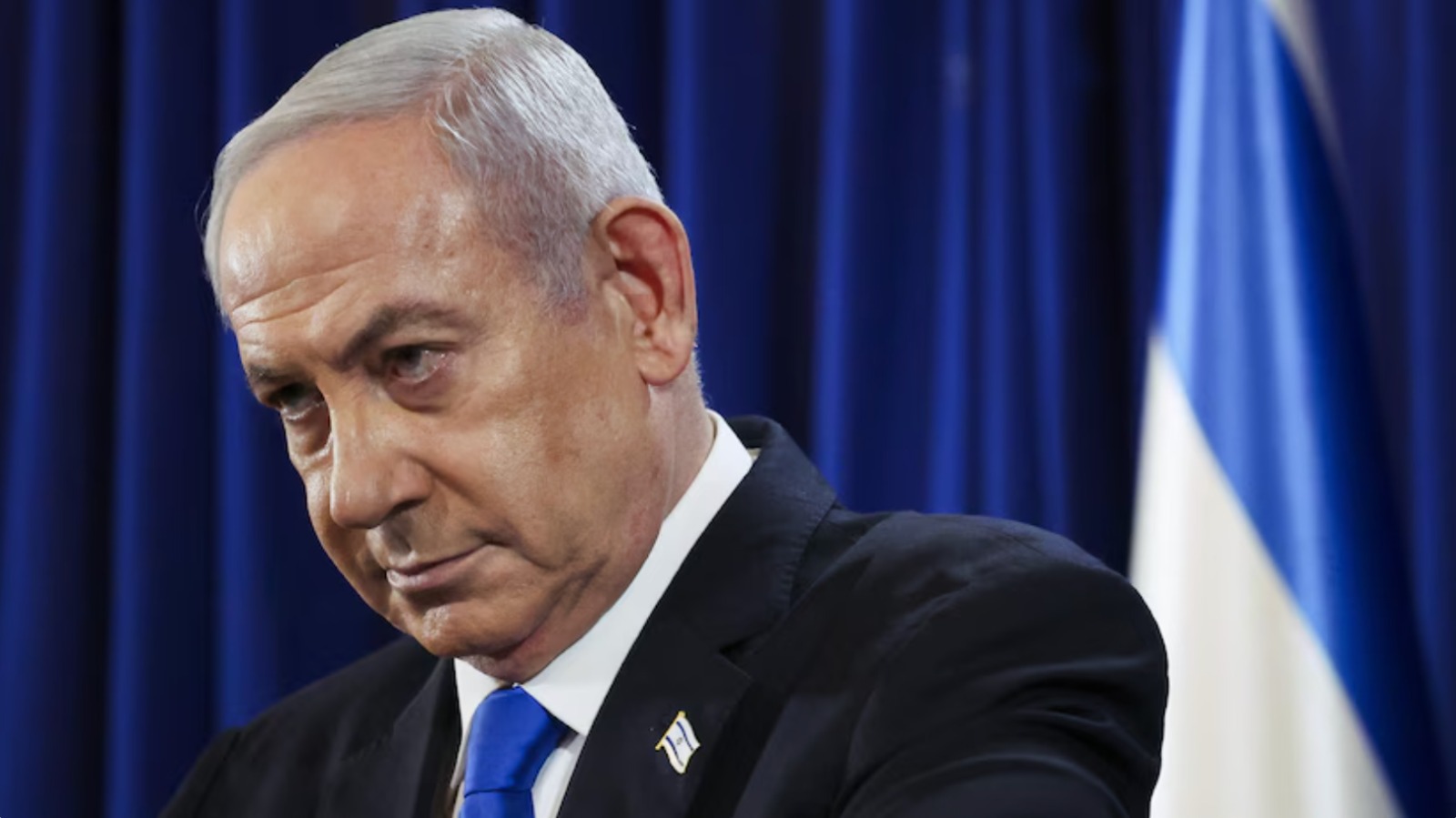


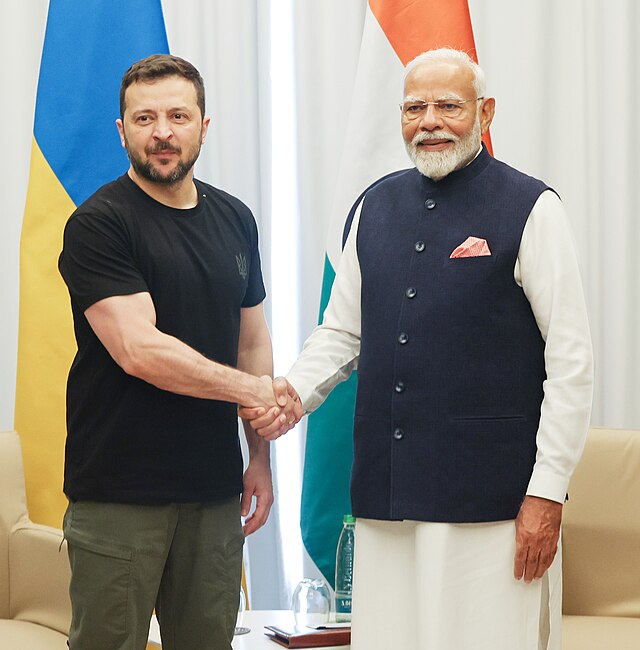
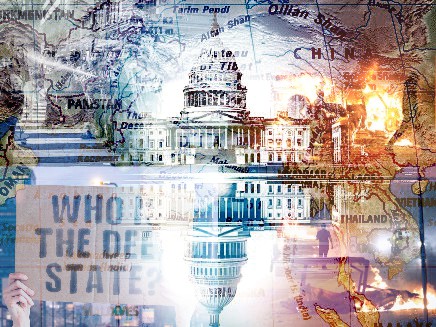
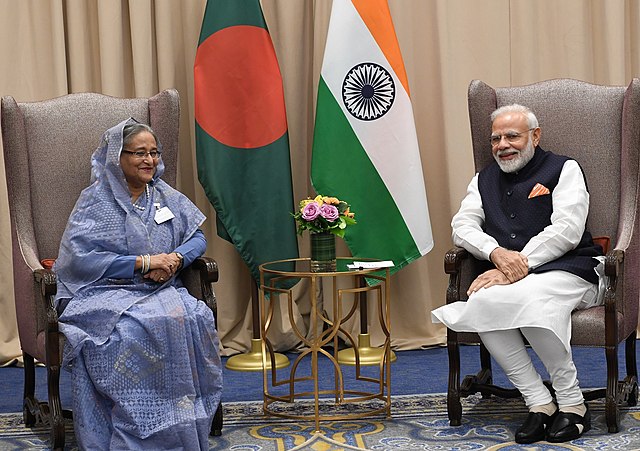
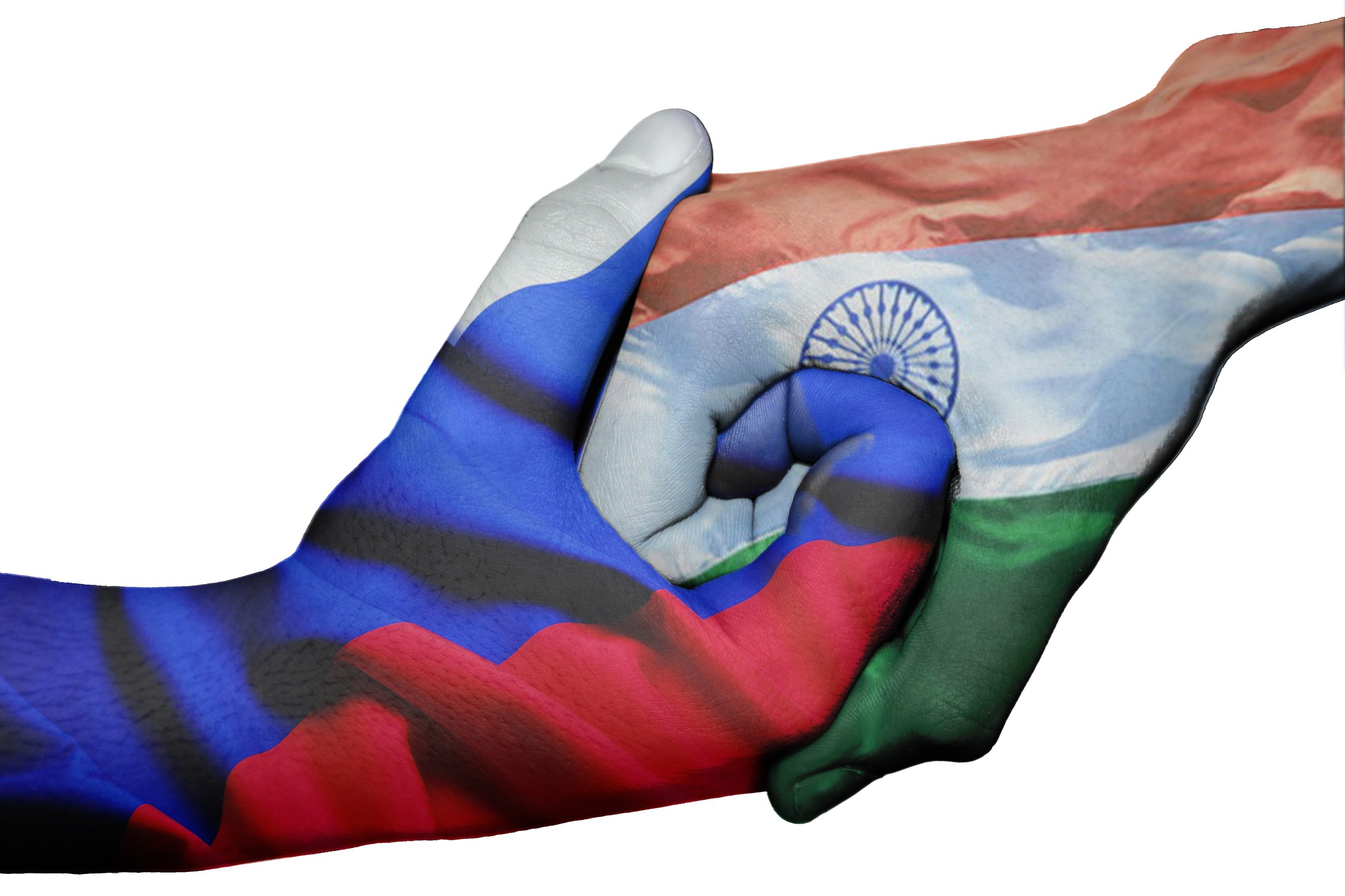







POST COMMENTS (1)
RC PATIAL